The importance of brand values & ESG for Canadian apparel brands
Learn about the power of showcasing your brand values through ESG
Sustainability means meeting the needs of the present without compromising the well-being of future generations
Environmental, social and governance (ESG) criteria are increasingly used by investors to assess how a company identifies and manages sustainability-related risks and opportunities.
Global Measure goes beyond ESG. We include other important measures to give a holistic perspective of how sustainably and ethically your fashion brand operates.
Protect your brand from greenwashing

ESG Indicators for sustainable, ethical fashion brands:
Health and Safety are procedures, regulations, guidelines, or programs that prevent accidents or injuries in the workplace or public environments.
Clear health and safety practices ensure healthy working environments and a reduction in the risk of accidents, injuries, and fatalities while on the job.
Sustainable organizations understand the value of having safe working environments where staff can perform their duties without the risk of harm.
Social Responsibility is a framework whereby businesses act in a manner that contributes to the well-being of communities and societies.
It is a key principle behind the triple bottom line, where businesses place equal value on “people, planet, and profit”.
Social Responsibility is critical in brand perception and has become increasingly important to investors and consumers who are looking to make positive contributions to the planet.
Sustainable brands want to empower the people who work for them and want the communities they reside in to prosper.
Quality Management is a business philosophy that focuses on the long-term success of a company.
It examines product and service quality and methods to achieve it. This involves looking at the total inputs, including activities, tasks, and processes, used to create products or services.
Quality Management helps organizations meet consumer and regulatory requirements while focusing on improving efficiencies and effectiveness on a continuous basis.
Sustainable brands value Quality Management as it helps to minimize process waste, and enables brand resiliency.
Environmental Performance focuses on the relationship between the business and the environment.
It examines the responsible consumption of resources, the environmental impacts of processing, and the impacts of products.
Sustainable brands prioritize environmental stewardship through their operations and values. They want their brands to succeed, but not at the cost of the environment.
Resource Management is the practice of planning, scheduling, forecasting, and optimizing the allocation of resources supporting successful product delivery.
Resource Management ensures that resources are efficiently utilized to their maximum potential. Resources include staff, finances, physical space, equipment, materials, technology, and time.
This practice helps to bridge the gap between capacity constraints and demand.
Sustainable brands prioritize Resource Management to minimize resource waste and optimize production standards and processes.
A Circular Economy is a systems-focused approach that involves processes and activities that are restorative or regenerative by design. There’s a focus on enabling resources to be reused for as long as possible while maintaining their highest value.
The Circular Economy model aims to eliminate waste through the thoughtful design and choice of materials, products, and systems.
A key goal of sustainable brands is to create products that are circular in nature and reuse is encouraged.
Global Measure is committed to helping your apparel brand meet 9 of the UN’s Sustainable Development Goals
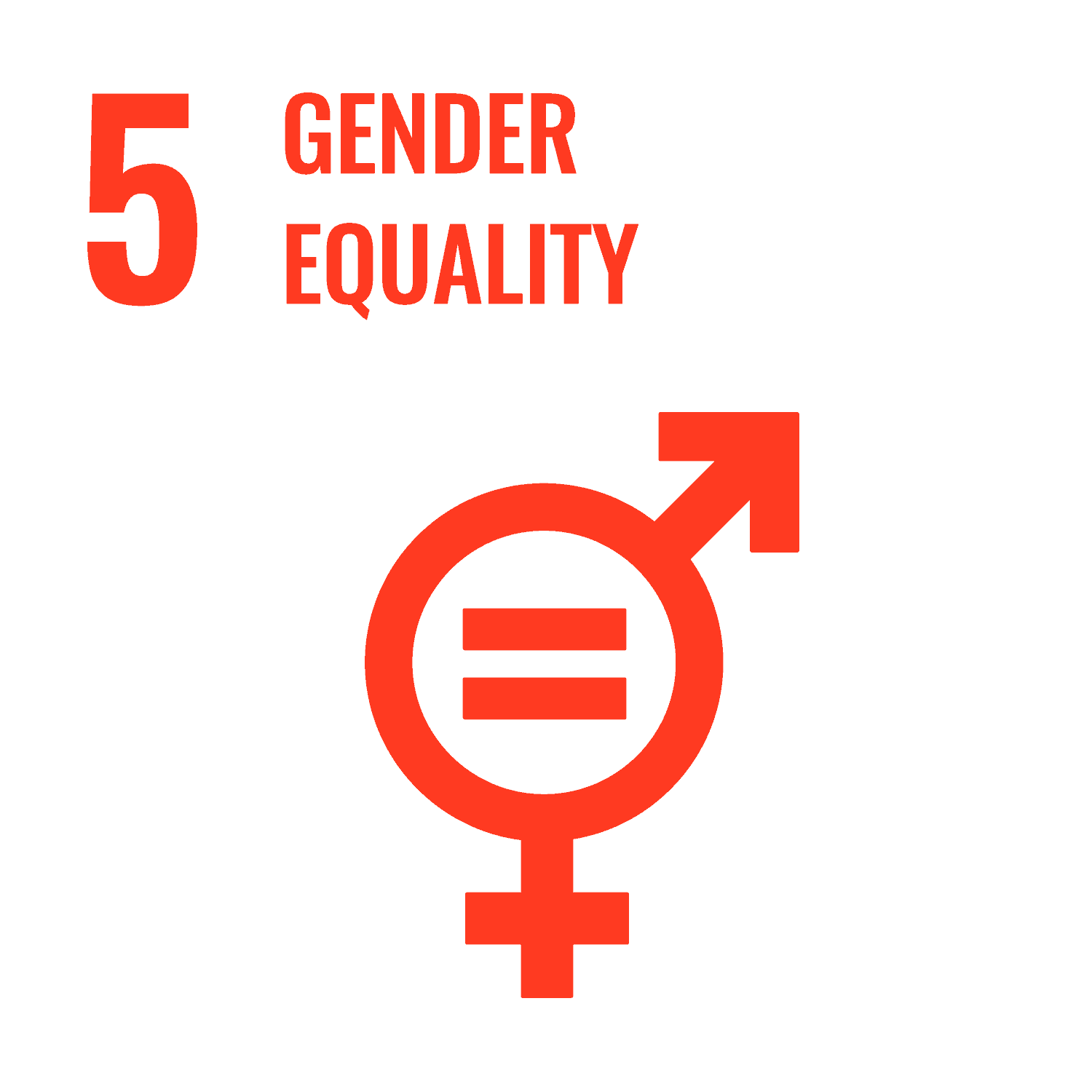
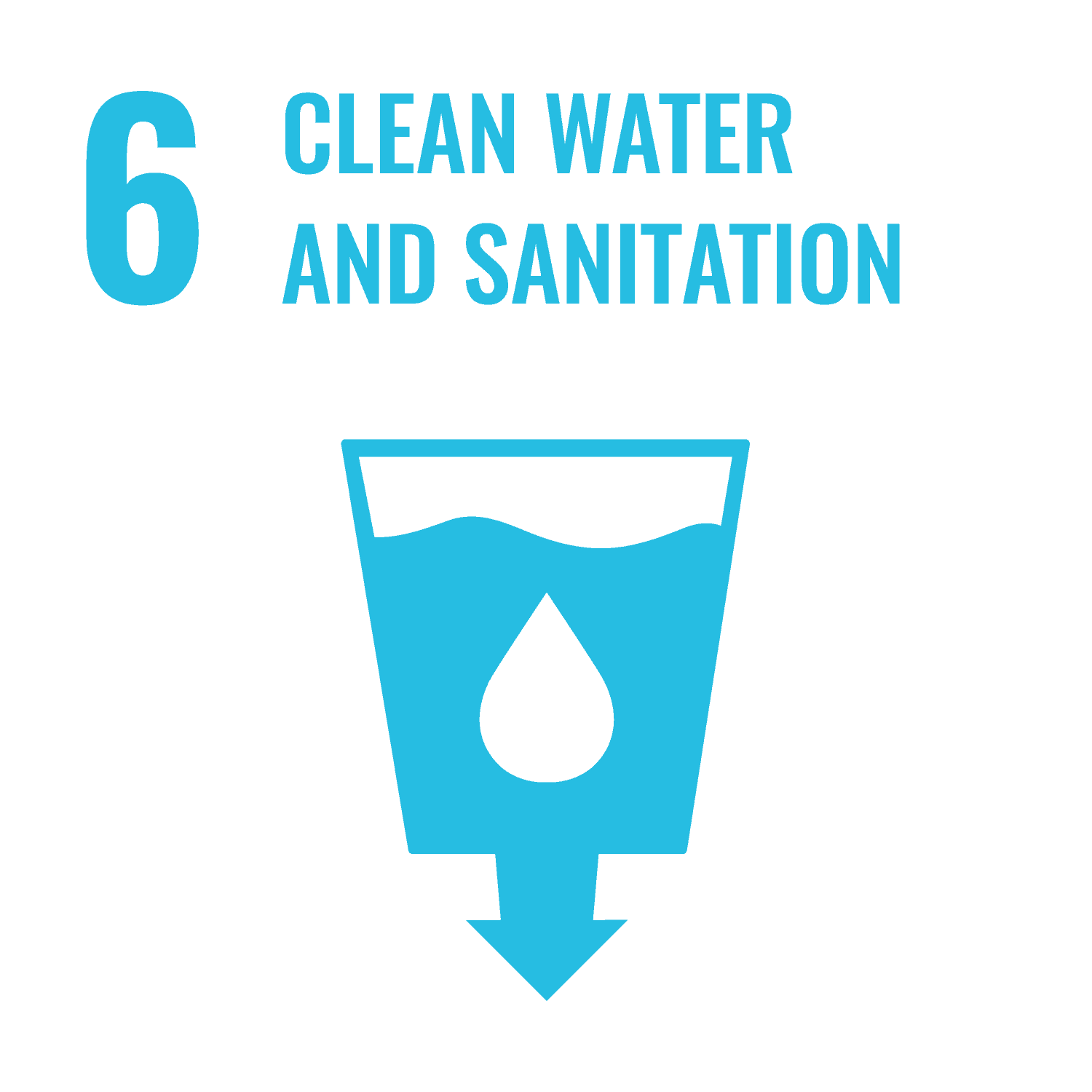
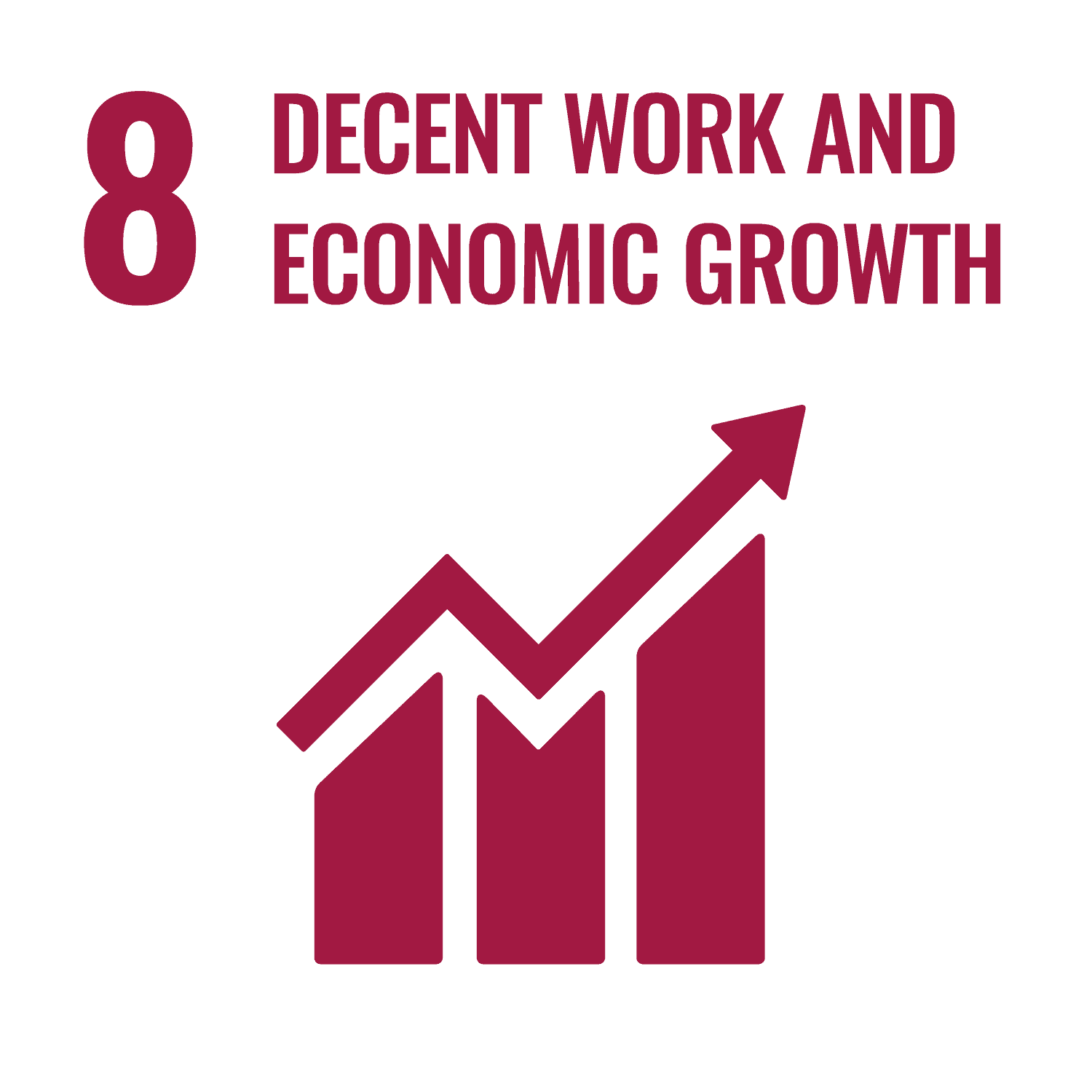
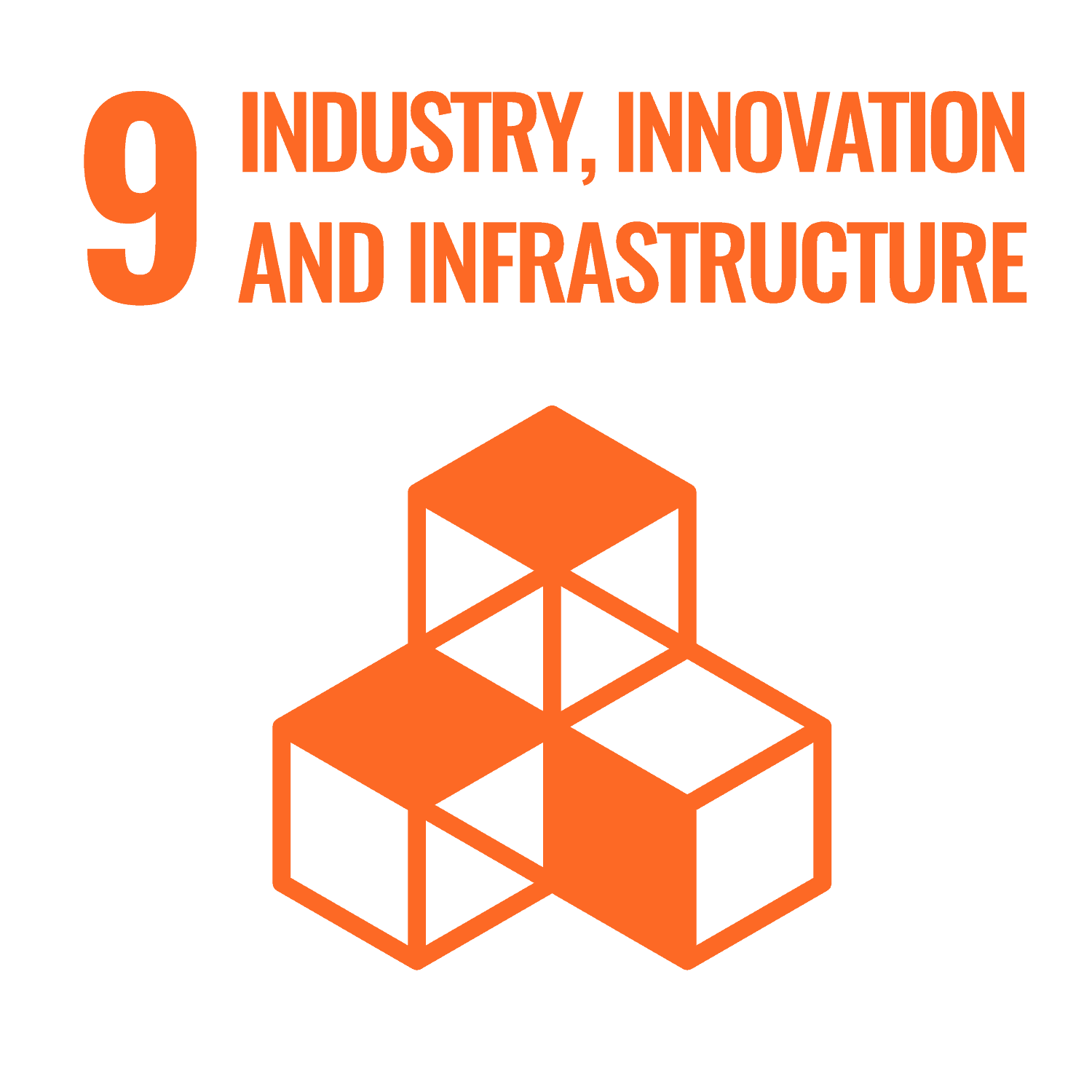
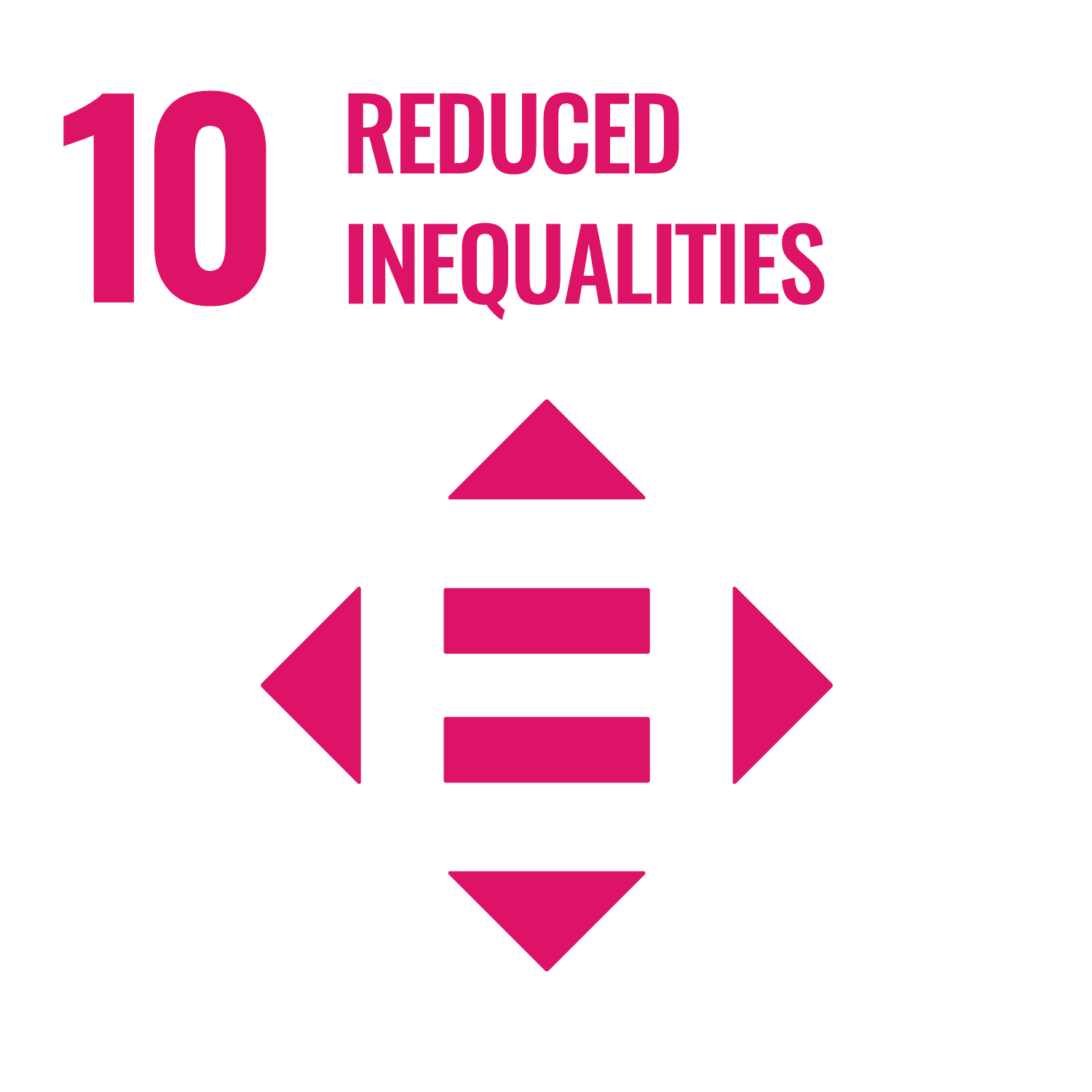
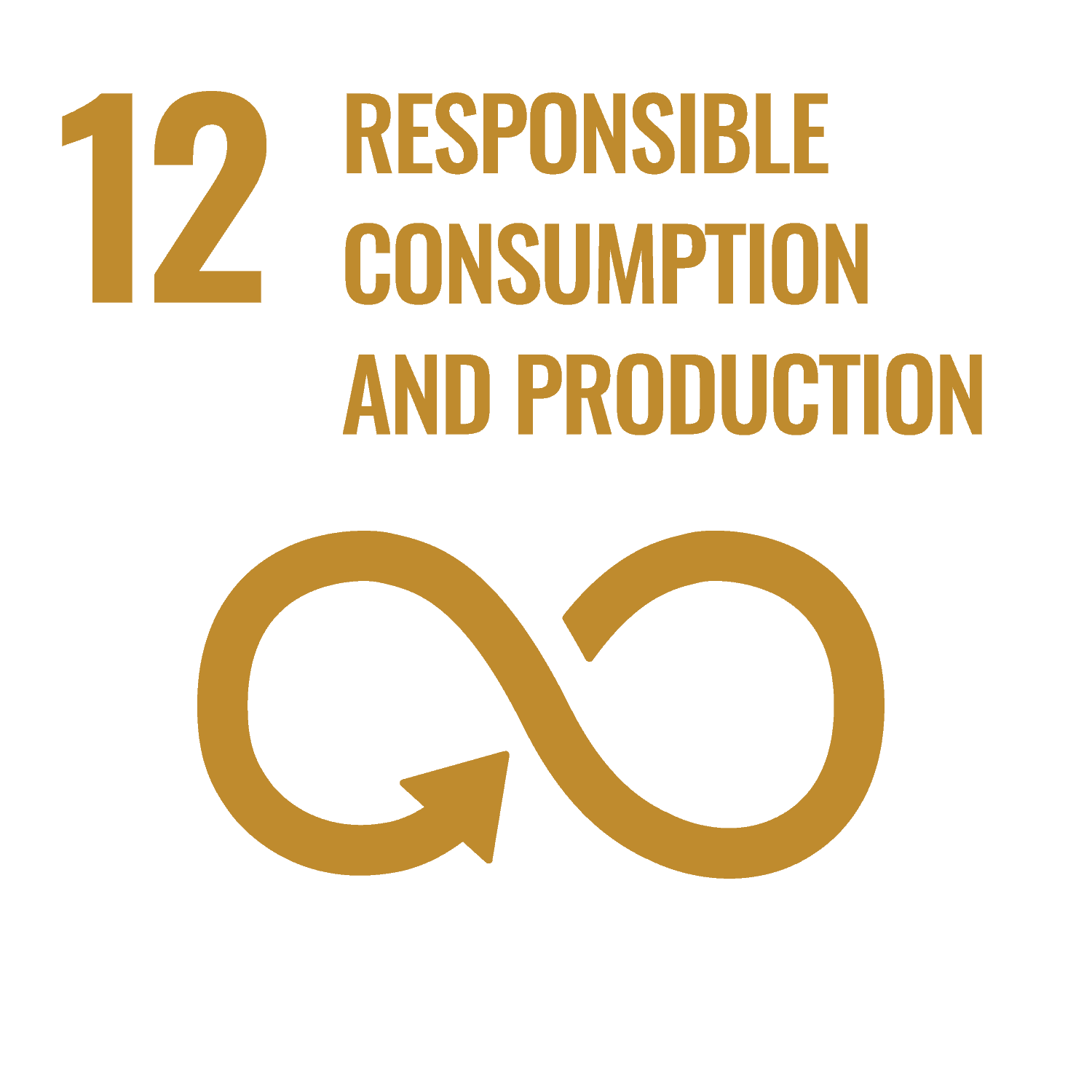
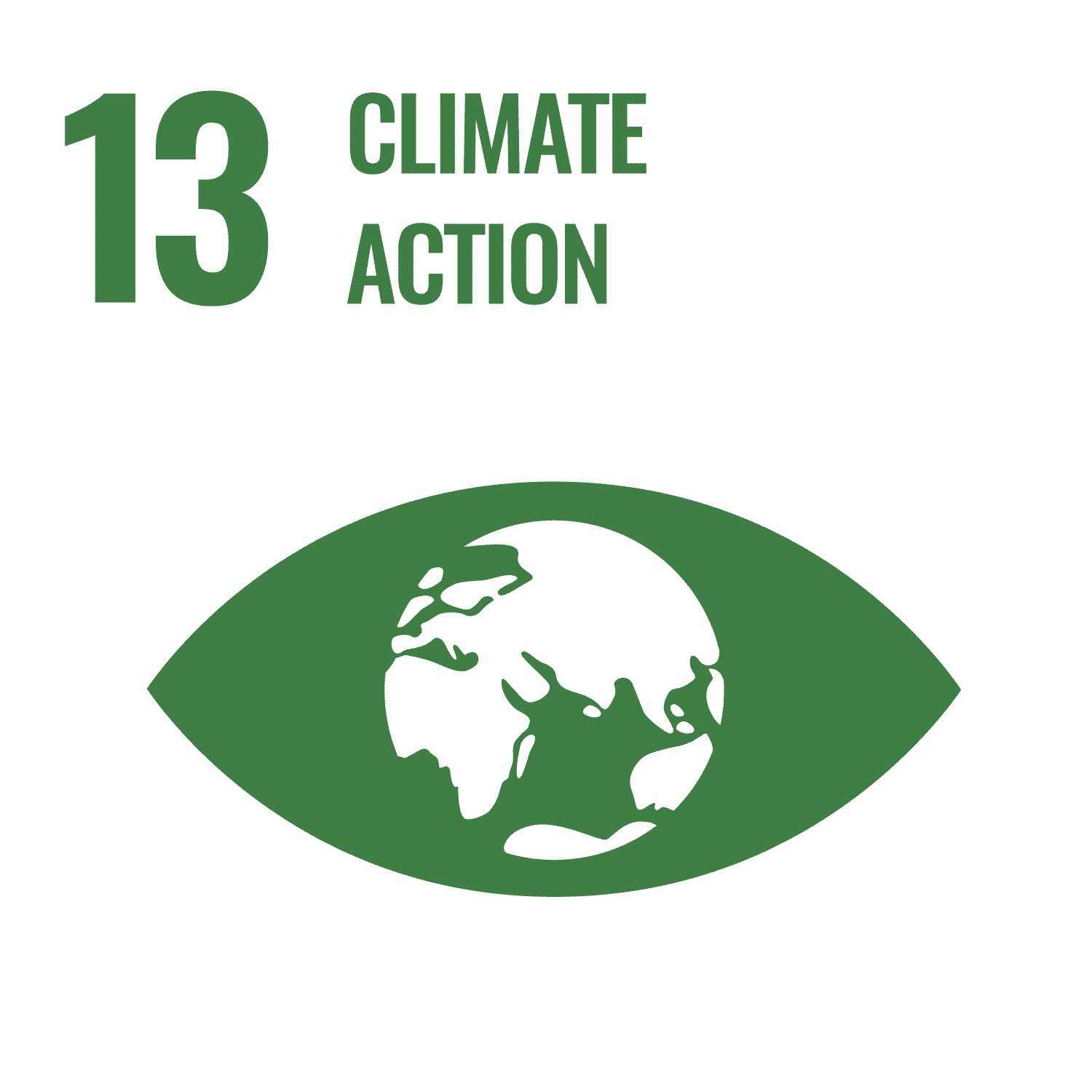
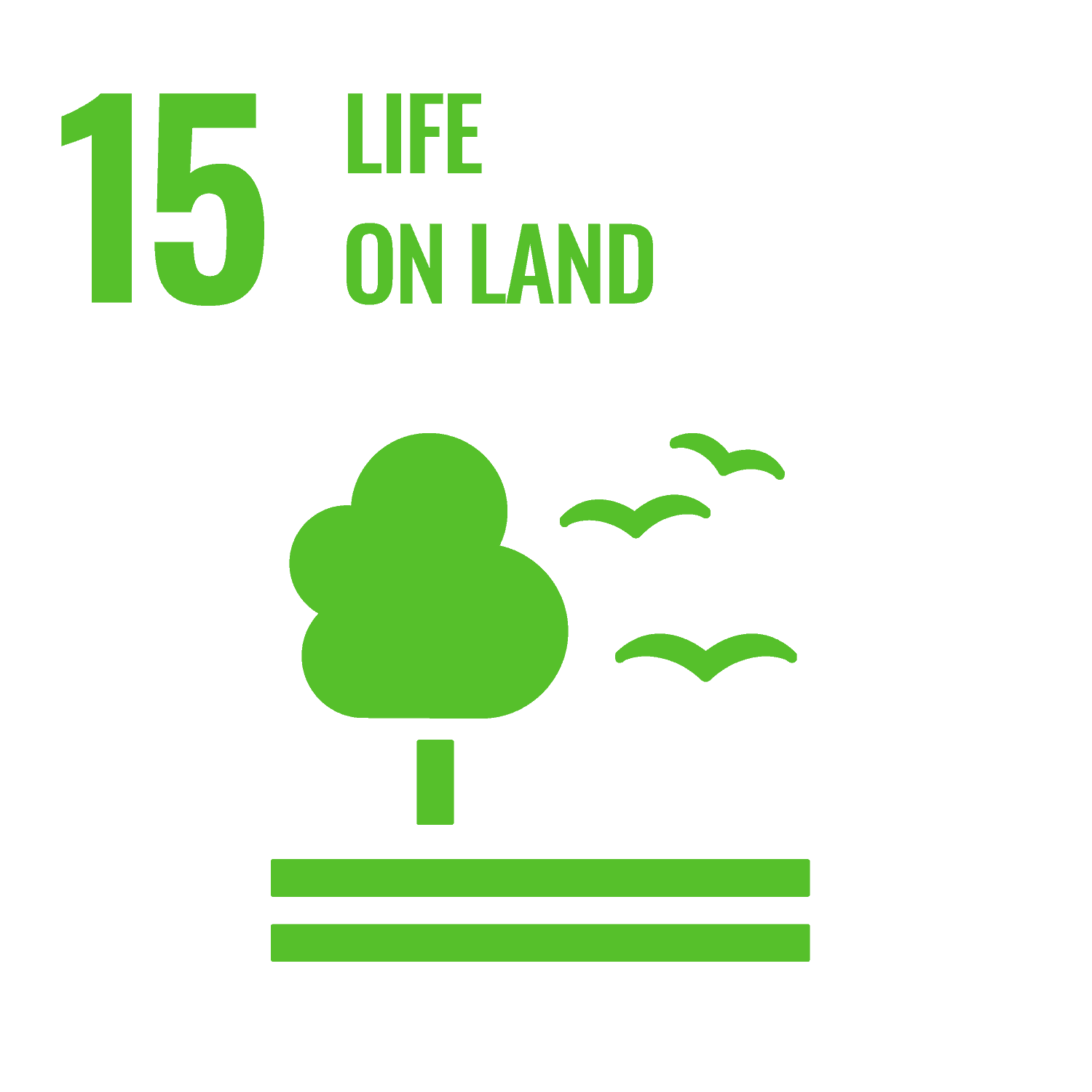
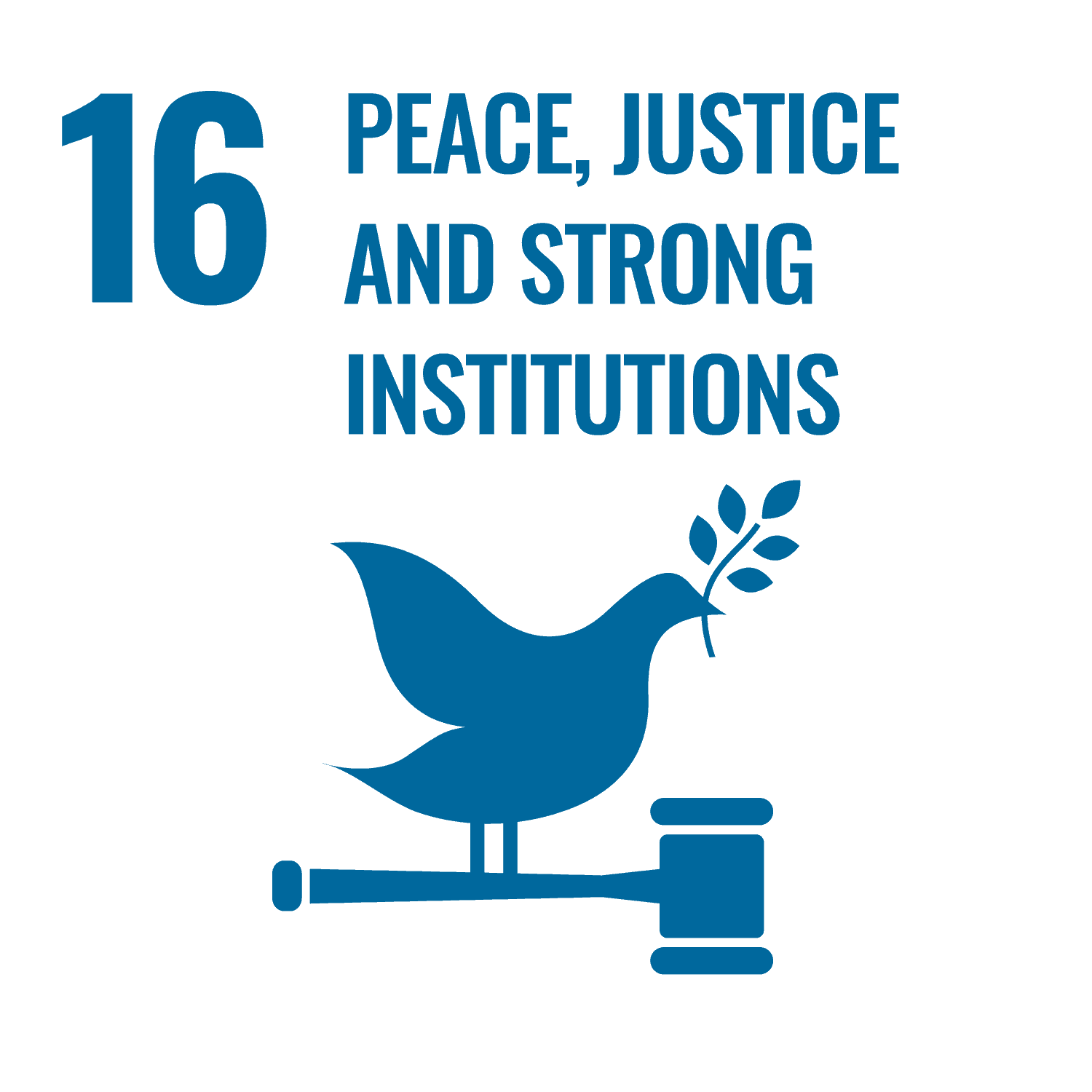

Show that your brand values are not just talk
Let’s talk about your brand. Reach out to get started.
